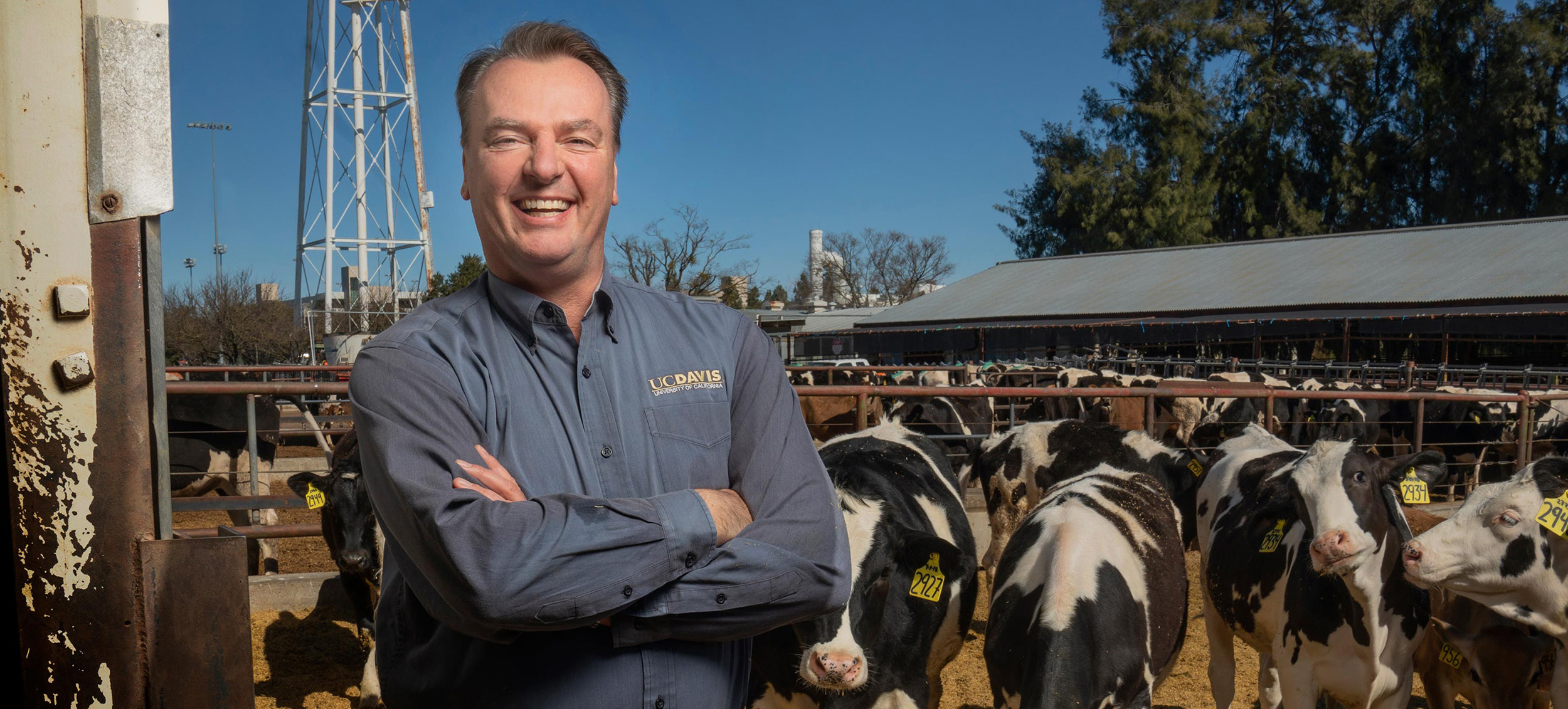GHG Guru Blog

Do you like to eat? Do you want to breathe clean air and be confident that our planet will be in acceptable – or even good – shape for our children, for their children and for many generations after them?
Call me naive; I believe you do. As a professor and extension specialist at the University of California, Davis, I have the privilege of working on these issues and helping the public, media and thought leaders better understand the role of agriculture in nourishing our world, while also focusing attention on cleaner air and a healthy climate.
I won’t tell you what to think, and I certainly won’t tell you what to eat. That’s a personal decision based on many factors. What I will do is present the latest, most accurate research we have on animal agriculture and air quality in regards to climate.
Read Frank Mitloehner's Blog